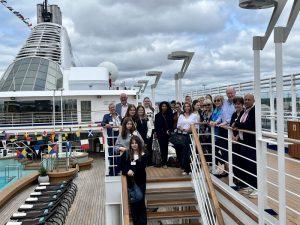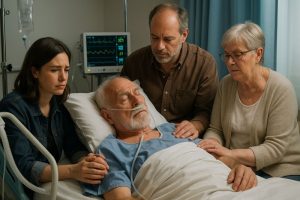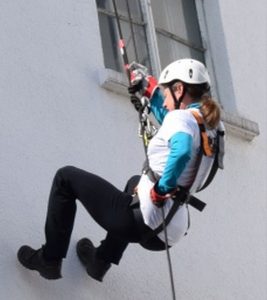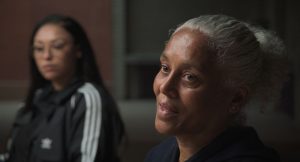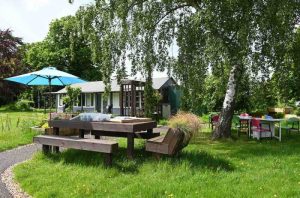There are few excuses left for polluting our environment with plastics – and the UK can lead the charge towards a more circular future, say researchers from the University of Surrey. The comments come as the Surrey team get ready to showcase three projects tackling plastic pollution at this week’s Royal Society Summer Science Exhibition in London (1-6 July).
Surrey’s interactive display will present various themes – from replacing petroleum-based packaging, to capturing microplastics before they enter our rivers and seas, to recycling mixed plastic waste that would otherwise end up in landfill.
One such project is SustaPack – a collaboration aiming to reduce the 1.9 billion plastic bottles produced globally every day by developing next generation paper-based alternatives. Backed by a £1 million EPSRC grant, the project is a partnership between Surrey and sustainable packaging company Pulpex Ltd. It combines AI, thermal imaging and advanced computer modelling to improve production processes, create a new biodegradable lining, reduce energy use, and extend product shelf life – bringing low-carbon, fully recyclable packaging closer to large-scale commercialisation.
Professor Joseph Keddie, Professor of Soft Matter Physics and Royal Society Industry Fellow, said:
“The high carbon footprint of plastic and glass packaging materials demands urgent change. This collaboration is about more than simply replacing plastic – it’s about designing sustainable packaging that is truly recyclable, scalable, and with a low carbon footprint. It’s a powerful example of how science and industry can join forces to address the urgent challenge of the environmental impacts of plastic.”
Another project on display is addressing the recovery of plastic particles from our water systems. Some products such as sunscreens, cosmetics and disposable wipes can release microplastics, with the UK government considering restrictions or bans on certain items to reduce this form of pollution. On average, 50% of microplastics found in the world’s wastewater treatment plants are fibres, mainly coming from laundry. If not captured, these tiny plastics can adsorb and carry pollutants circulating in the wastewater plant that are then ingested by marine life and ultimately enter the human food chain.
Surrey engineers are developing advanced membrane filtration technology designed to recover microplastics before treated wastewater is released into rivers and seas. By optimising membrane coatings and filtration conditions, the team is working to reduce clogging and improve long-term efficiency, paving the way for cleaner water and healthier ecosystems.
Professor Judy Lee, Professor in Chemical and Process Engineering, said:
“Microplastics are a serious and growing threat to water quality and human health. These tiny particles are difficult to remove once they’re in the environment and can carry harmful pollutants. Our research focuses on practical solutions that can be deployed in wastewater treatment plants to stop these pollutants at the source.”
To address the challenge of recycling plastics mixed with other materials, such as carbon fibre composites, engineers at Surrey are working to make the process more viable and commercially attractive. These composites are essential across various industries, including aerospace, transport and construction due to their lightweight, strong and versatile properties, but they are notoriously difficult to recycle.
Surrey’s research focuses on developing new manufacturing routes and enhancing the thermal, electrical and mechanical properties of recycled carbon fibre, making second-life applications practical and commercially appealing. Reducing waste and using reclaimed materials also help to lower the demand for raw resources.
Dr Iman Mohagheghian, Associate Professor (Reader) in Mechanics of Materials at the University of Surrey, and EPSRC researcher in residence fellow of the National Composites Centre, said:
“Our goal is to make recycled composites a reliable, high-value option for industry. Enhancing their performance and reducing manufacturing waste is an important step towards building a truly circular economy for advanced plastics, supporting the wider journey towards net zero.”
At the Royal Society Summer Science Exhibition, visitors can discover Plastic Alchemy – an outreach theme led by the University of Surrey’s Circular Economy Group and Fellows from the Institute for Sustainability.





